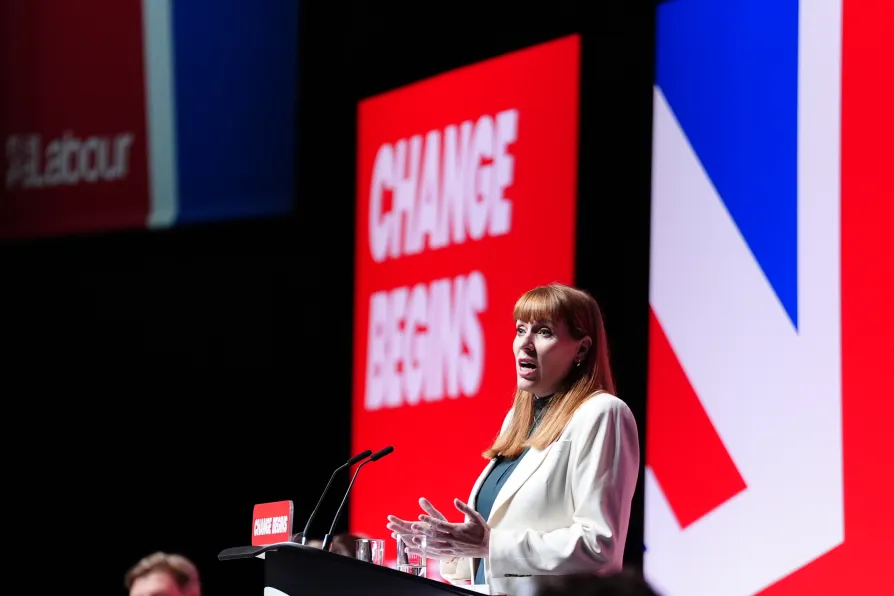Labour unveils long-awaited New Deal for Workers

 Deputy Prime Minister Angela Rayner speaking at the Labour Party Conference in Liverpool, September 22, 2024
Deputy Prime Minister Angela Rayner speaking at the Labour Party Conference in Liverpool, September 22, 2024
LABOUR has vowed to end the Tories’ “scorched-earth approach to industrial relations” as its highly anticipated Employment Rights Bill is laid before Parliament today.
Unions welcomed the “groundbreaking first step” towards a “new chapter for working people in this country.”
Unveiled weeks ahead of this month’s Budget, the legislation will enact 28 individual employment reforms including ending “exploitative” zero hours contracts and fire-and-rehire practices.
More from this author

















